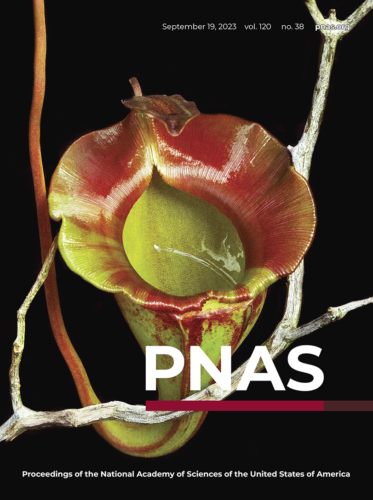Significance
 This study identifies five factors assessing perceptions of facets of science/scientists’ self-presentation (FASS) that can be used to track gaps between science/scientists’ professed and perceived self-identity, spot areas that may require corrective action or better communication, and monitor fears about or attacks on science. The factors also predict support for increasing federal funding of science and, separately, support for federally funded basic research. Not only is federal funding a major source of science support but Congress is more likely than the private sector to agree to underwrite generating knowledge in service of public goods. Our isolation of factors on which conservatives and liberals differ helps unpack partisan responses to increased federal funding of science and support for basic research.
This study identifies five factors assessing perceptions of facets of science/scientists’ self-presentation (FASS) that can be used to track gaps between science/scientists’ professed and perceived self-identity, spot areas that may require corrective action or better communication, and monitor fears about or attacks on science. The factors also predict support for increasing federal funding of science and, separately, support for federally funded basic research. Not only is federal funding a major source of science support but Congress is more likely than the private sector to agree to underwrite generating knowledge in service of public goods. Our isolation of factors on which conservatives and liberals differ helps unpack partisan responses to increased federal funding of science and support for basic research.Abstract
A confirmatory factor analysis (CFA) of responses to 13 questions from a 2022 national probability sample of 1,154 US adults supported the existence of five factors that we argue assess perceptions of Factors Assessing Science’s Self-Presentation (FASS). These factors also predict support for increasing federal funding of science and, separately, supporting federal funding of basic research. Each of the factors reflects perceptions of a key facet of scientists’ self-presentation, science/scientists’ adherence to professed norms, or science’s benefits: specifically, that scientists are Credible, Prudent, and Unbiased and that science is Self-Correcting and Beneficial. The FASS model explained 40.6% of the variance in support for increasing federal funding for science and 33.7% in support for basic research. For both dependent variables, conservatives were less likely to be supportive when they perceived that science/scientists fail to overcome biases. The interactions between political ideology and both Prudence and Beneficial, however, were significant only when predicting Basic Research support. In that case, there were no differences between conservatives and liberals when perceptions of benefit were low, but when high, liberals’ perception of benefit had a stronger association with support for funding than conservatives’. Among those perceiving that scientists lack prudence, liberals were more likely to support funding basic research than conservatives, but the difference disappeared when perceptions of prudence were very high. The factors could serve as across-time indicators of the public’s assessment of the state of science.


